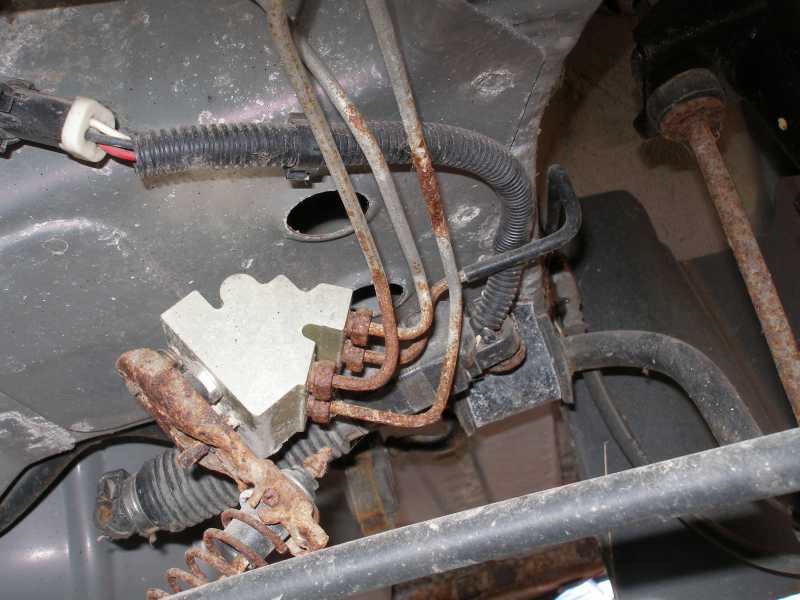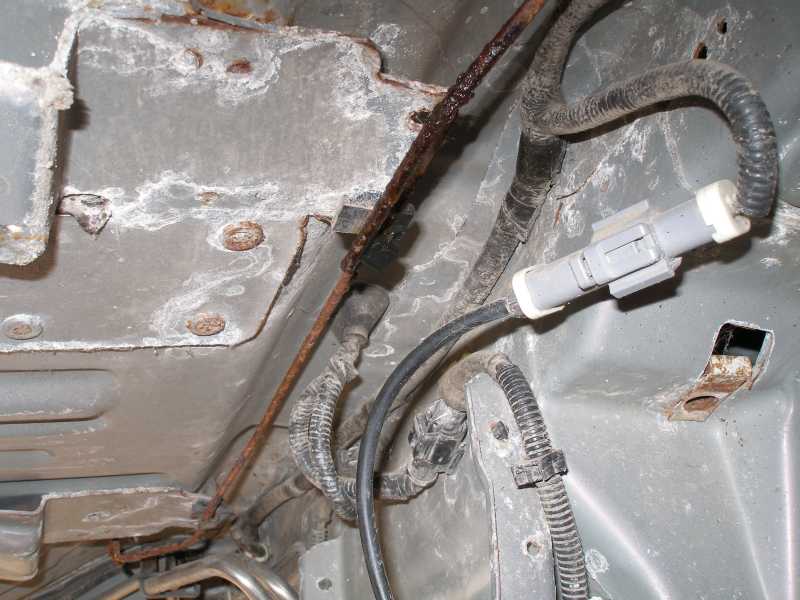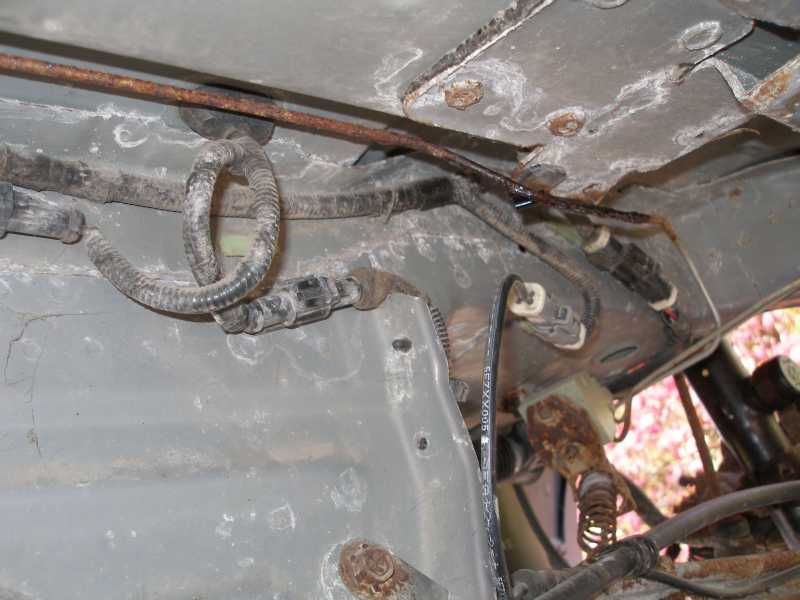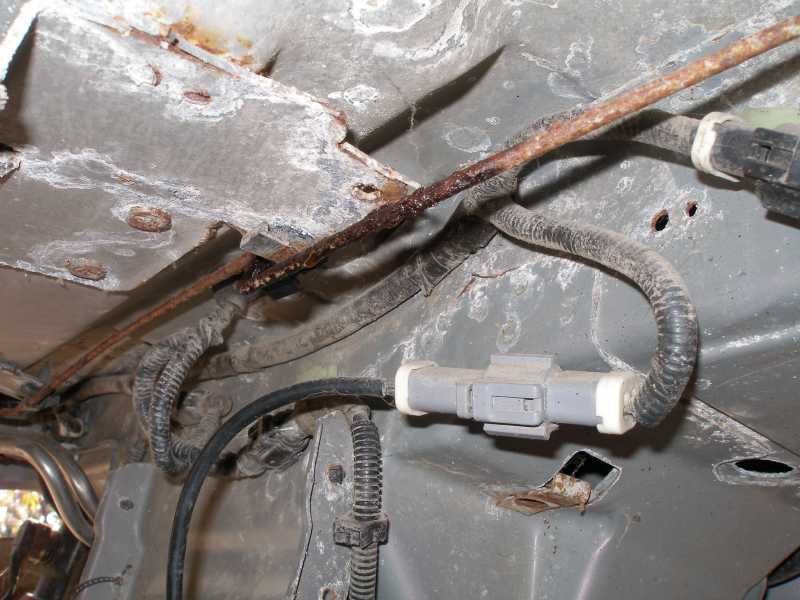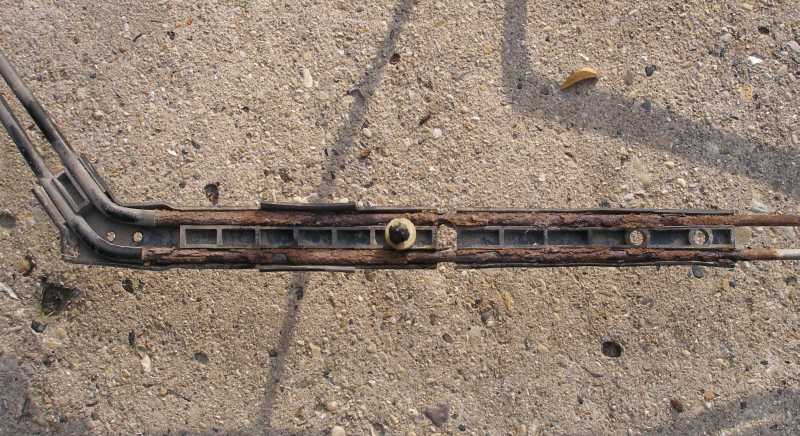Originally Posted By: OilFilters
Originally Posted By: 93cruiser
Sure, you can say anything, but doing it is another. I'd like to see you use a pressure washer after driving home in 9 inches of snow/slush, while its still snowing, and like 15 degrees. Going to do this in the driveway, with all the snow? In the driveway after you clear the snow? Either way, you, your vehicle, and the driveway are now a block of ice.
Like I said, I do it. We generally get a good foot of snow every year here. This last winter it hovered around zero degrees for a few weeks. They did put some salt on the road, and as soon as I saw white residue on my Jeep, it was removed. While it was around zero degrees. Yes, I had to hook the hose to the drain on the water heater, but I did it. In the dark I might add. If I lived in a place where this was common I would be much more setup to do it on a regular basis.
Even when salt is not an issue, I wash my vehicles inside a shop quite often. This way nothing dries while I'm working on it leaving spots.
I could have also used a commercial car wash, which are generally heated.
I don't think you fully comprehend what we have to deal with up north. Think of the roads that are white pretty much all winter long, not with snow, but with salt. You would have to fully wash the underside ever single time you drove the car.
And commercial car washes recycle the drain water, meaning your car is washed with a filtered salt brine mixed with some clean water, since I highly doubt they are equipped with very expensive and maintenance intensive reverse osmosis filters that are needed to remove salt.
Originally Posted By: 93cruiser
Sure, you can say anything, but doing it is another. I'd like to see you use a pressure washer after driving home in 9 inches of snow/slush, while its still snowing, and like 15 degrees. Going to do this in the driveway, with all the snow? In the driveway after you clear the snow? Either way, you, your vehicle, and the driveway are now a block of ice.
Like I said, I do it. We generally get a good foot of snow every year here. This last winter it hovered around zero degrees for a few weeks. They did put some salt on the road, and as soon as I saw white residue on my Jeep, it was removed. While it was around zero degrees. Yes, I had to hook the hose to the drain on the water heater, but I did it. In the dark I might add. If I lived in a place where this was common I would be much more setup to do it on a regular basis.
Even when salt is not an issue, I wash my vehicles inside a shop quite often. This way nothing dries while I'm working on it leaving spots.
I could have also used a commercial car wash, which are generally heated.
I don't think you fully comprehend what we have to deal with up north. Think of the roads that are white pretty much all winter long, not with snow, but with salt. You would have to fully wash the underside ever single time you drove the car.
And commercial car washes recycle the drain water, meaning your car is washed with a filtered salt brine mixed with some clean water, since I highly doubt they are equipped with very expensive and maintenance intensive reverse osmosis filters that are needed to remove salt.


